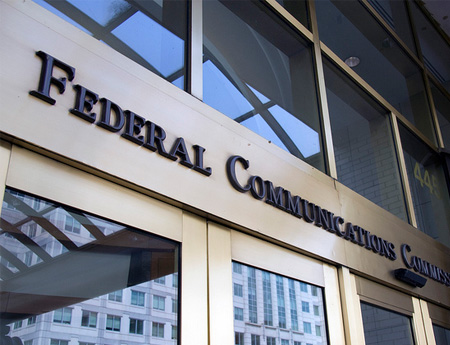Editorial: Pause That Refreshes

The smarter way to stay on top of broadcasting and cable industry. Sign up below
You are now subscribed
Your newsletter sign-up was successful
The AWS-3 wireless spectrum auction has given the FCC a great opportunity to pause and rethink its framework for the broadcast incentive auction. It should also relieve the pressure not only financially, but in terms of deadline.
The incentive auction was designed when it was not clear how much the first two auctions—H Block and AWS-3— would raise. The AWS-3 (with an assist from H Block) has essentially paid the freight for FirstNet, the first-responder broadband network, with plenty left over for E-911 and other projects, with still billions more for the federal treasury. So the pressure should now be off the incentive auction, which anticipated having to cover some of those expenses.
There should also be no rush to hold the auction and complete the repack according to a timetable beyond that of the 2022 deadline set by Congress for completing the process, particularly given how much the AWS-3 bidders are ponying up (more than $40 billion at last count), most coming from AT&T and Verizon, which account for the majority of wireless broadband subs.
Putting more distance between the AWS-3 and incentive auctions could allow wireless companies to build up their war chests for another round of spectrum spending. After the first AWS auction in 2006, wireless carriers asked the FCC to delay the 700 MHz auction.
“If we are looking at a 600 MHz auction [broadcast incentive auction] that might only be 18 months away or less, a big question is whether these companies can turn right around and shell out more cash,” former FCC commissioner Robert McDowell told B&C last week. He also noted the AWS-3 auction is relatively simple compared to the 600 MHz.
McDowell thinks it’s a good time for the FCC to reassess the auction. “The phenomenal success of the AWS-3 auction is a game-changer,” he said. “And it should make the commission think about how complicated it wants to make the 600 MHz auction” and how quickly it wants to get it done. “It is better to do it right than fast,” says McDowell, echoing broadcasters’ sentiments.
Broadcasters of all stripes—commercial and noncommercial, affiliates and independents, those looking to sell and those looking to preserve a business post-auction—have all asked the FCC to rethink various parts of the announced auction framework. That includes petitions to reconsider and lawsuits in federal court.
The smarter way to stay on top of broadcasting and cable industry. Sign up below
The FCC’s own success in the AWS- 3 auction gives it a golden opportunity to put fresh eyes on the process and find a way to address broadcaster concerns. If that made the legal challenges go away, it would be in the interest of broadcasters and the FCC.
The agency is scheduled to vote this week on new proposals for how to conduct the auction. Those, too, have drawn some criticism from broadcasters.
Commission officials have signaled those are only proposals and are not set in stone. The FCC should take this chance to amend those proposals so it can follow up its AWS-3 victory with a successful incentive auction.
